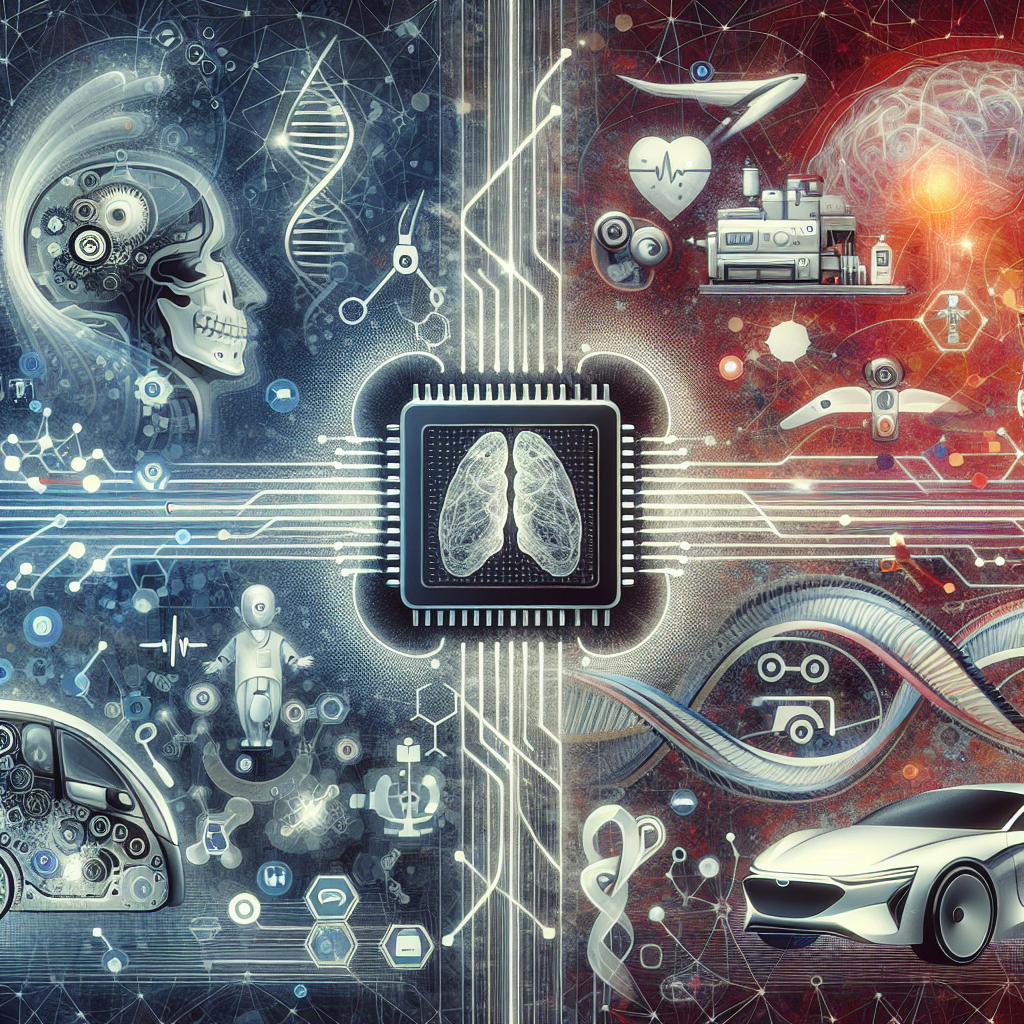The Rising Tide of AI Integration: A Comprehensive Look into Recent Developments
In the whirlwind world of technology, Artificial Intelligence (AI) has transitioned from a futuristic fantasy to a ubiquitous reality, infiltrating every nook and cranny of our digital experiences. The recent updates from major tech players suggest an AI-centric vision that could redefine our societal norms, professional workflows, and personal interactions. Let's dissect the major highlights from these developments and unravel the implications of this AI invasion.
Adobe Steps Up with Firefly 3 and Enhanced Photoshop Features
Adobe, a titan in the realm of creative software, recently unveiled Firefly 3—a leap towards enhancing the realism of AI-generated images. Although it trails behind its contemporaries like MidJourney and Stable Diffusion in some respects, Firefly 3's integration into the beta version of Photoshop packs a punch. With features allowing for comprehensive image manipulations like full-image generation, inpainting, and the trendy outpainting, Adobe is blurring the lines between human artistry and AI efficiency.
Photoshop users can now utilize a reference image to alter specific elements within their projects, introducing a nuanced level of control and customization. This tool is particularly groundbreaking for sectors like e-commerce, where visual precision drives consumer engagement. Moreover, the addition of a 'generate similar' option could revolutionize content creation, providing users a plethora of visual options with a single click.
Mid Journey and Blockade Labs: Pioneering Randomization and High-Resolution
Not to be outdone, Mid Journey has introduced a feature that generates images in random styles, significantly enhancing the versatility of visual content creation. This serves a dual purpose—aiding designers in exploring diverse aesthetic realms and offering businesses a tool to maintain freshness in their visual marketing strategies.
On a similar note, Blockade Labs has upped the ante by offering 360° image creation in stunning 8K quality. This advancement not only enriches the visual experience but also enhances the realism, making virtual tours and advanced visual content more immersive and detailed than ever.
Video Upscaling and AI's Role in Video Content Enhancement
Adobe’s announcement about its new video upscaling technology, Video Giga Gan, marks a significant step forward. This technology transforms low-resolution videos into high-definition outputs without the need for expensive reshoots, promising a revolution in video editing and production. This could be a game-changer for industries reliant on video content, such as media, education, and marketing.
For a deeper dive into Adobe's upscaling technology, visit Adobe's Research Paper on Video Giga Gan.
AI in the Consumer Electronics Sphere: The Rabbit R1
Stepping outside the domain of professional tools, the Rabbit R1 showcases the potential of AI in everyday gadgets. This small, handheld device operates entirely through voice commands, offering functionalities from image generation to ordering food and managing media playback. Its integration with large language models and internet accessibility points to a future where handheld devices could become more autonomous, personalized assistants rather than mere communication tools.
AI’s Ethical Horizon: Collective Commitments and New Frontiers
In a remarkable show of unity, leading AI organizations have pledged to combat AI's potential misuse, particularly concerning child safety. This collective effort underscores the growing acknowledgment within the tech community of their responsibility to ensure AI's development complements societal norms and safety regulations.
Moreover, the discussion around AI's role in the upcoming Olympic Games opens another avenue for its application. From refining training programs and equipment to enhancing the fairness and efficiency of event management and broadcasting, AI's potential to transform the sports industry is palpable.
The Bigger Picture: An AI-Driven Future
These developments collectively point to a future densely woven with AI fibers. From creative industries and consumer electronics to ethical governance and sports management, AI’s potential seems to be boundless. However, as we embrace this AI-augmented reality, it’s crucial to navigate the fine line between technological advancement and over-dependence. Ensuring that AI remains a tool for enhancement, rather than a replacement for human capability, will be the keystone in this ongoing technological revolution.
In conclusion, as we stand on the brink of what might be the most transformative era in technology, the fusion of human creativity with AI’s capabilities promises a future that is not only more efficient but also more inclusive and expansive. The key will lie in steering this tool with a conscientious vision, ensuring that AI serves humanity with minimal unintended consequences. The journey of AI is far from over, and the road ahead is as exciting as it is daunting. Who’s ready for the ride?
Related News
- The Future of AI: Innovations, Challenges, and Uncharted Territories
- Riding the AI Wave: How the Titans of Tech Are Shaping Our Future
- The Tipping Point: Navigating the Uncharted Waters of Advanced AI
- Navigating the Labyrinth: The Rise of AI and Its Implications
- The Rapid Evolution of AI: Bridging the Gap Between Dreams and Reality
